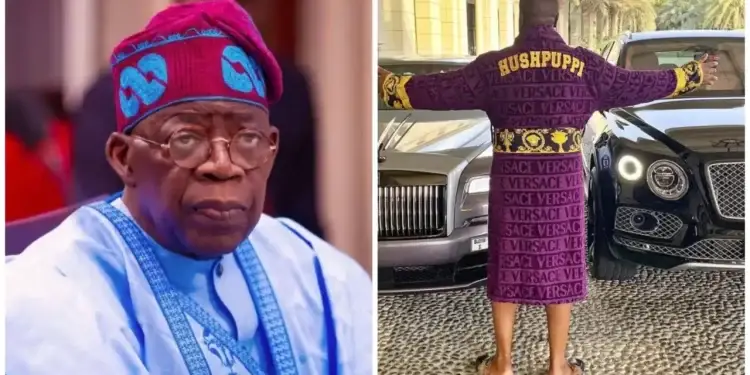Nigeria’s President Bola Tinubu has vehemently opposed the prevailing stereotypes portraying Nigerians solely as cybercriminals. Speaking out against blanket labelling, he argued that such sweeping generalisations inaccurately depict the diverse and industrious nature of the Nigerian populace. While acknowledging the existence of cybercrime, Tinubu emphasised that it was unjust to paint all Nigerians with the same brush.
According to him, “Over the decades, Nigerians have been victims of mislabelling. Such gross misrepresentation fails to reflect the true essence of our diverse and resilient nation.”
Source reports that President Tinubu, currently on a private tour in France, reiterated that associating internet crimes with the entire Nigerian population lacked substantial evidence.
He asserted that such allegations do not mirror the reality of everyday Nigerians, who are hardworking and contribute significantly across various global sectors.
Tinubu highlighted the contributions of Nigerians in fields ranging from artificial intelligence to medicine, underscoring their positive impact on a global scale.
He stated, “The association of internet crimes with the entire Nigerian populace lacks statistical evidence.”
Despite Tinubu’s defence, the prevalence of cybercrime remains a concern. According to the FBI, Nigeria ranks 16th among countries most affected by cybercrime. The financial toll is substantial, with cybercrime costing the country approximately $500 million (£395 million) annually, as reported by the Nigerian Communications Commission.
In November 2022, Nigerian social media influencer Ramon Abbas, famously known as ‘Hushpuppi’, was sentenced to over 11 years in federal prison in Los Angeles.
Abbas, described as “one of the most prolific money launderers in the world” by the FBI, was convicted of laundering millions of dollars obtained through various online crimes, including bank cyberheists and business email compromise.
In 2019, he helped launder some $14.7 million stolen by North Korean hackers from a bank in Malta, funneling the money through banks in Romania and Bulgaria, prosecutors said.
In a sentencing memorandum, prosecutors stated that according to the defendant’s own admission, he conspired to launder over $300 million in just an 18-month period, noting that a significant portion of the anticipated loss did not come to fruition.
Another Nigerian national, Chidozie Collins Obasi, is wanted by the FBI for defrauding the state of New York of over $30 million. Obasi’s elaborate scam involved selling non-existent ventilators during the COVID-19 pandemic. If apprehended and convicted, he faces a staggering maximum sentence of 621 years in prison, along with hefty fines and full restitution of the funds obtained through fraud.
While Nigeria grapples with the challenges posed by cybercrime, President Tinubu’s stance underscores the importance of addressing stereotypes that unfairly tarnish the reputation of the Nigerian people. As the nation continues its efforts to combat cybercrime, it is imperative to recognise and celebrate the vast contributions of law-abiding Nigerians on the global stage.
Source iHarare









